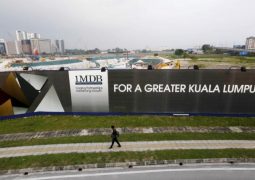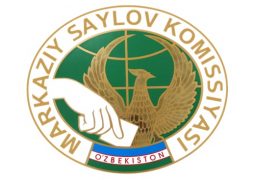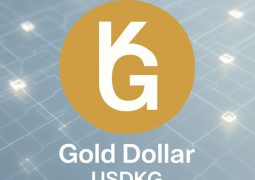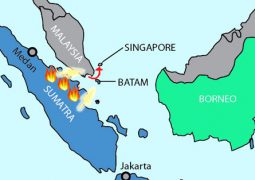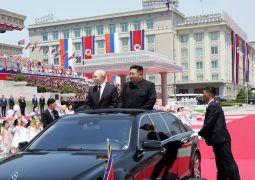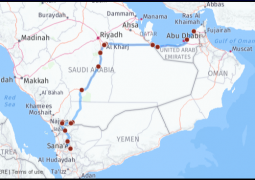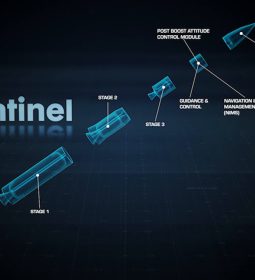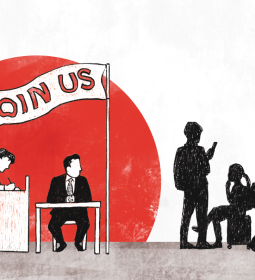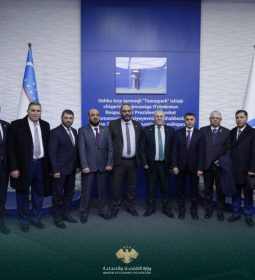China Faces Off Against World on Open Global Markets
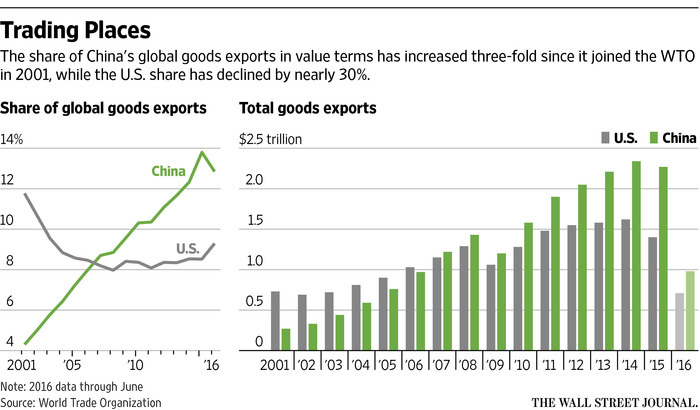
Anniversary of China’s accession to World Trade Organization highlights global rift over Beijing’s economic policy
China’s 15-year anniversary as a member of the World Trade Organization on Sunday threatens to trigger a clash with growing forces in the West that cast Beijing as an abuser of open global markets.
The anniversary marks Beijing’s eligibility for “market-economy status,” which would remove many risks of punishment when Chinese companies are accused of selling products below cost. But the issue is bringing to the fore mounting global frustration over China’s state-led economic policy.
Since joining the WTO on Dec. 11, 2001, China has leveraged the open markets the organization fosters to lift millions of people from poverty and catapult itself to become the world’s No. 2 economy. But Beijing’s critics say it has gamed the system by curbing access to its markets and marshaling massive state resources to compete against foreign companies.
“China wanted the advantages without meeting its obligations, and trade won’t work when it’s a one-way street like that,” said Rep. Sander Levin, the top Democrat on the House committee that oversees trade. “They went in with full knowledge and essentially began thumbing their nose.” Mr. Levin voted for legislation tied to China’s WTO accession but has since become a vocal critic of Beijing’s compliance.
Changing China’s market-economy status is dependent on individual countries’ declaring that they are changing the way they handle antidumping and other trade cases—something the Obama administration isn’t ready to do.
“It is a conversation that we are engaged in, but it is not ripe for us to change our protocols,” said Commerce Secretary Penny Pritzker said last month after talks with Chinese officials.
President-elect Donald Trump has threatened to declare China a currency manipulator and slap big tariffs on its hundreds of billions of dollars in annual exports, although some of his aides have played down those warnings as laying the ground for future negotiations.
“They haven’t played by the rules, and they know it’s time they’re going to start,” Mr. Trump said at an Iowa rally on Thursday, naming “massive theft of intellectual property” and “product dumping.”
Mr. Trump’s comments and choice of advisers—including steel executives—suggest his administration will step up trade enforcement against China through the WTO as well as in antidumping and subsidy cases within the U.S., trade lawyers say. Trump representatives didn’t comment on the issue.
The European Commission, the EU’s executive arm, also isn’t ready to declare China a market economy. In November, the commission proposed a new formula to calculate antidumping duties. In cases where it determines markets are distorted by state intervention, the commission would eliminate the concept of nonmarket economies and instead allow for high tariffs to be imposed on imports deemed to be priced below international-market levels.
“We are not declaring China a market economy status but we are reforming the system so as to make it country-neutral,” Cecilia Malmström, the EU’s trade chief said Wednesday.
Hungary, an EU member seeking closer economic ties with China, does consider it a market economy and says the bloc has means to defend its interests.
“The EU has a proper set of tools in place…to take action against imports coming from anywhere in the world with unfair trading conditions,” Hungary’s foreign ministry said when asked about Chinese imports.
Japan said this week it continued to view China as a non-market economy.
Beijing bridles at being a lightning rod for global angst over trade and unemployment and on Thursday renewed vows to take WTO countermeasures if it doesn’t receive market status.
“We are playing by the rules and you need to keep your promise,” Xue Rongjiu, a trade adviser to the State Council, China’s cabinet, said this month. “It’s unfair to blame China for your problems, which have resulted from bad management and operations.”
Economists say China generally abides by WTO rules, a system largely designed to address the movement of goods across borders, making it difficult to deny Beijing market-economy status over the long term.
But the rules are ill-equipped to handle China’s massive state companies, investment inequity, intellectual property issues, limited transparency and restricted access to new economic sectors like services, internet and the cloud, critics say.
“The WTO seems like a single-stroke engine in a jet-engine age,” saidJames McGregor, former chairman of the American Chamber of Commerce in China. “China has played into our open system with great skill.”
Free-trade advocates focus on Chinese state-owned entities, which are granted such benefits as preferential funding, free land, protected domestic markets and limited pressure to turn a profit, saying the system fuels debt and inefficiency that distorts global markets. President Xi Jinping has vowed to maintain the central economic role for state-owned firms.
Zak Fardi, founder of U.S. solar panel maker 1SolTech Inc., said China’s system victimized him. The Dallas-based company prospered until late 2011 when Chinese state-subsidized panels began flooding the U.S. market, he said. The Chinese sold panels at 40% below his production cost and offered customers multimillion-dollar lines of credit he was unable to match.

Panel makers petitioned for help, leading to punitive U.S. and European duties on imports of Chinese solar cells even as Chinese manufacturers denied competing unfairly. But by then the damage was done. Not only did Mr. Fardi’s business fail but dozens of Chinese solar makers did too after the subsidies sparked a competitive glut. “They kicked our butts,” Mr. Fardi said. “It was definitely dumping. It seemed very well organized.”
Aside from solar panels, China has used an array of state financing, subsidies and price cutting to secure globally dominant positions in disc drives and personal computers, said Dirk Thomas, principal in Hong Kong-based Summit Partners, a tech advisory firm. Beijing is now setting its sights on mobile phones and semiconductors, he said. “It’s the same game over and over again,” said Mr. Thomas, who helps Chinese technology companies acquire assets overseas.
Beijing’s industrial policies are driving discontent to new levels, especially over excess Chinese production of steel, aluminum and other products. In the first half of 2016, 17 countries and regions launched 65 trade investigations against Chinese products, a two-thirds increase year-over-year, according to Chinese data. Beijing has pledged to cut 150 million tons of steel production by 2020, but industry analysts say that would reduce only about a third of China’s 30% excess capacity.
A new source of concern to foreign companies is the “Made in China 2025” blueprints released last year that call for indigenous development and import substitution in many strategic industries where Western companies have an edge, including semiconductors.
“The global system of trade is under siege and has been challenged by the biggest new kid on the block, China, not playing by the rules,” said Joerg Wuttke, president of the European Union Chamber of Commerce in China. “China points at growing protectionism of the West, but they only have themselves to blame.”
Calls also are rising to tighten curbs on Chinese technology investments in the U.S. in response to investment bans Beijing has imposed, often on national security grounds.
“With [China’s] expansive definition, national security could be your local ballet school,” said Claire Reade, a former U.S. Trade Representative negotiator and now a trade lawyer.
This month, President Barack Obama blocked on national security grounds the proposed acquisition by a Chinese company, Fujian Grand Chip Investment Fund, of German chip maker Aixtron SE,which has operations in California.
In response, a Chinese Foreign Ministry spokesman said this week that Beijing hopes Washington will “cease making groundless accusations” against Chinese companies.
—Viktoria Dendrinou in Brussels, Margit Feher in Budapest and Chieko Tsuneoka in Tokyo contributed to this article.
Write to Mark Magnier at mark.magnier@wsj.com and William Mauldin at william.mauldin@wsj.com
- Previous Japan Ratifies Trans-Pacific Partnership, Which Trump Has Promised to Leave Approval of trade deal is a mostly symbolic step
- Next VP’s crash on Duterte goes stronger by days pass: “Rody will finish term – Leni”- The Philippine Star



